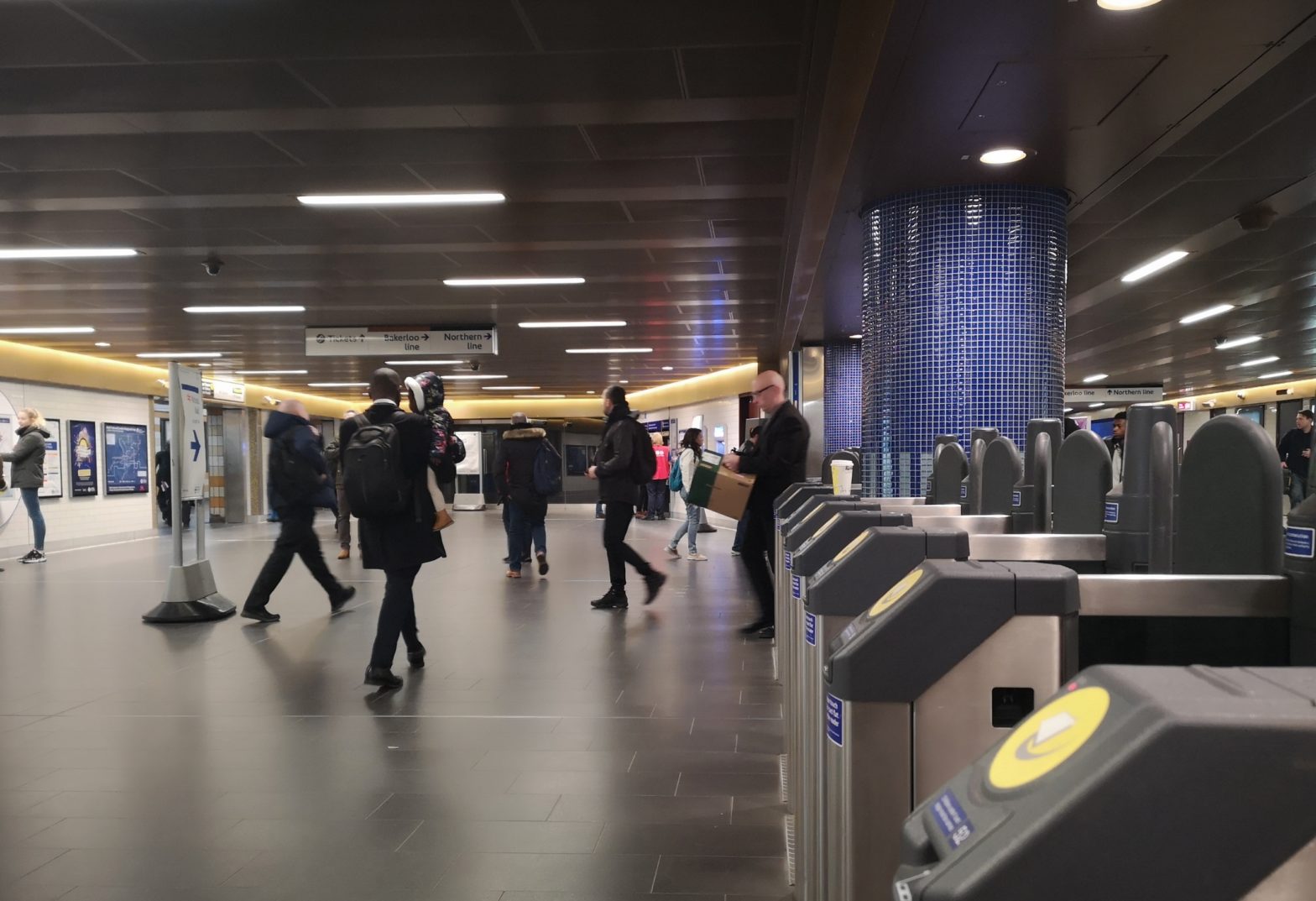EU bank to provide over 1 billion euros for urban transport
09 October 2019
by Jonathan Andrews
The European Investment Bank has announced more than €1.4 billion worth of new city finance for projects on transport, energy efficiency and others.
The new loans–which will support Rotterdam, Warsaw, Barcelona, Valencia, and others–is part of the bank’s aim to allocate at least 50 percent of its financing activities for projects that support climate action and environmental sustainability. A “significant share” of this will be implemented in cities.
Karl-Heinz Lambertz, President of the European Committee of the Regions, said: “The 2019 renewed Action Plan will contribute to support high-quality projects that benefit citizens and businesses alike and leaves no region behind.”
The measures were announced in Brussels where the European Committee of the Regions is hosting its annual European Week of Regions and Cities. There, the EIB presented its toolkit for municipalities and regional governments which includes framework loans (flexible loans that cover several small projects), investment loans, equity investments or advisory services such as URBIS, a new dedicated urban investment advisory platform.
Details of the new loans include €350 million for Warsaw to co-finance the extension of the city’s second metro line; €115 million for Rotterdam and The Hague to acquire new electric and diesel-hybrid buses; and €200 million to support clean urban transport in four Spanish cities.
The bank will also support projects in Athens, Thessaloniki, and five cities in Sweden on energy efficiency and climate change measures.
Better communication of cohesion funds needed
Sixty percent of Europeans are not aware of EU-funded projects in their region, fuelling citizens’ lack of confidence in the European project, says a new Eurobarometer survey.
While the cohesion policy is Europe’s most powerful investment tool, accounting for one-third of the EU budget–allocated in funding not finance like the EIB–communication about it is “still poor” and the sources of information are not sufficiently diversified to reach citizens in their everyday lives.
“We, mayors and local governments, should play a fundamental role in implementing cohesion policy and in ensuring the visibility of the projects funded by this policy,” said Adrian Ovidiu Teban, Mayor of Cugir, Romania, and rapporteur of the report Better Communication for Cohesion Policy. “The European institutions alone cannot be the only driving force behind this challenge.”
The help improve this, the Committee of the Regions will now ask the European Commission to involve political representatives from regions and cities in the newly established network of managing authorities’ communicators, in order to test new forms of communication.






